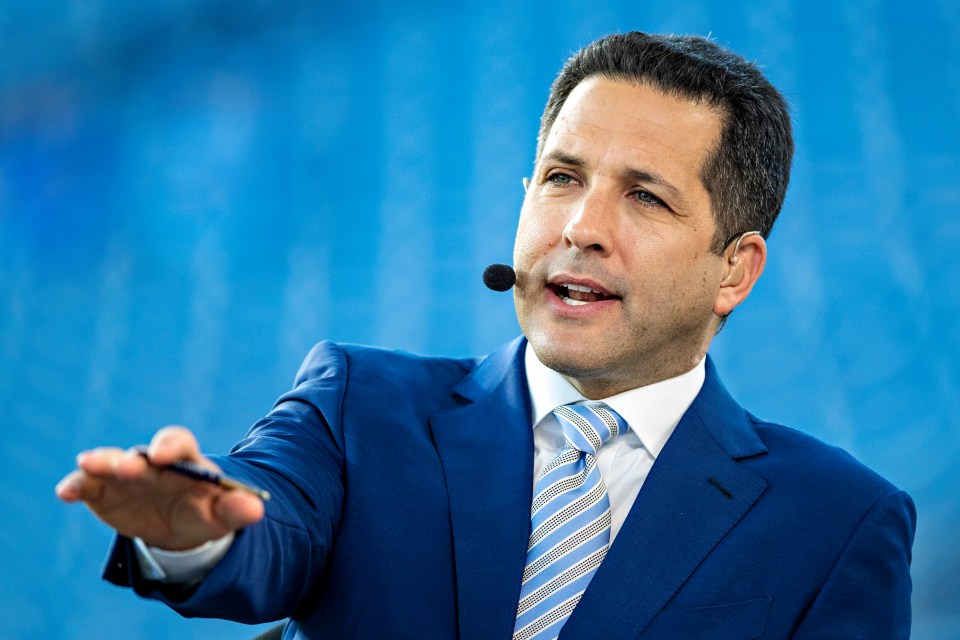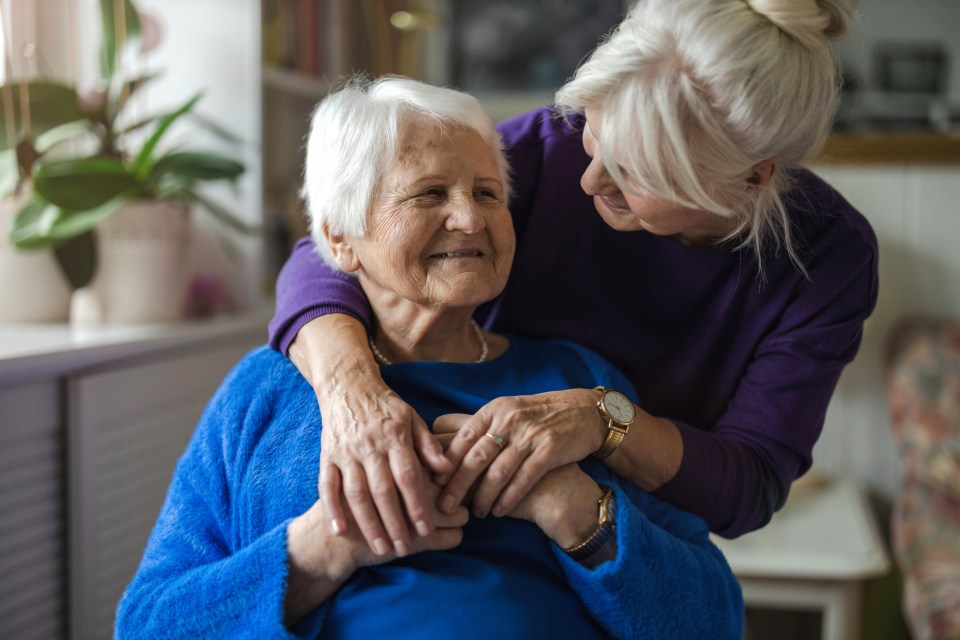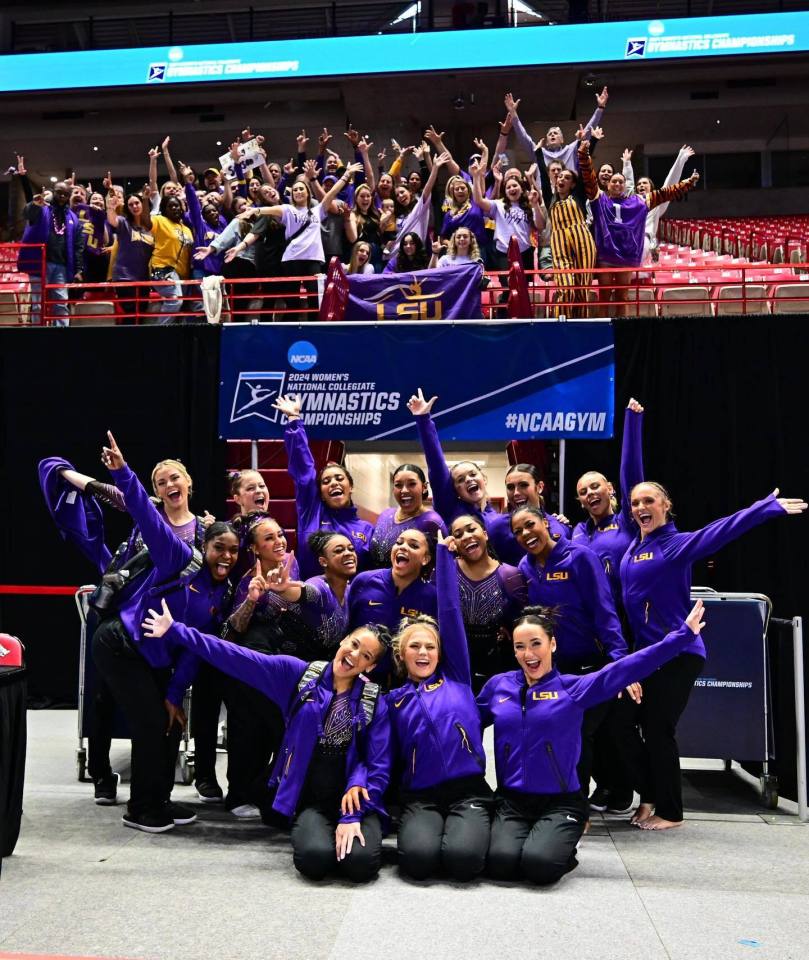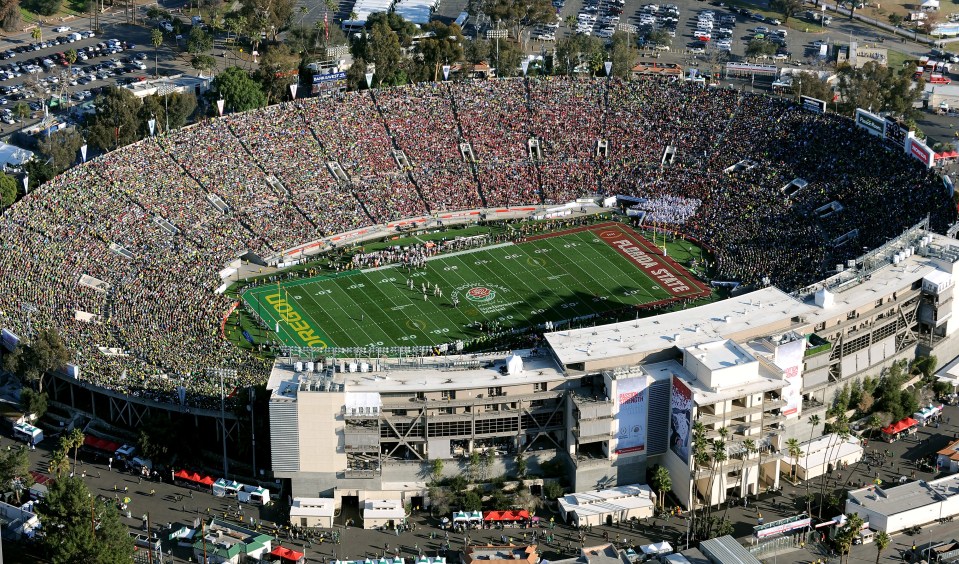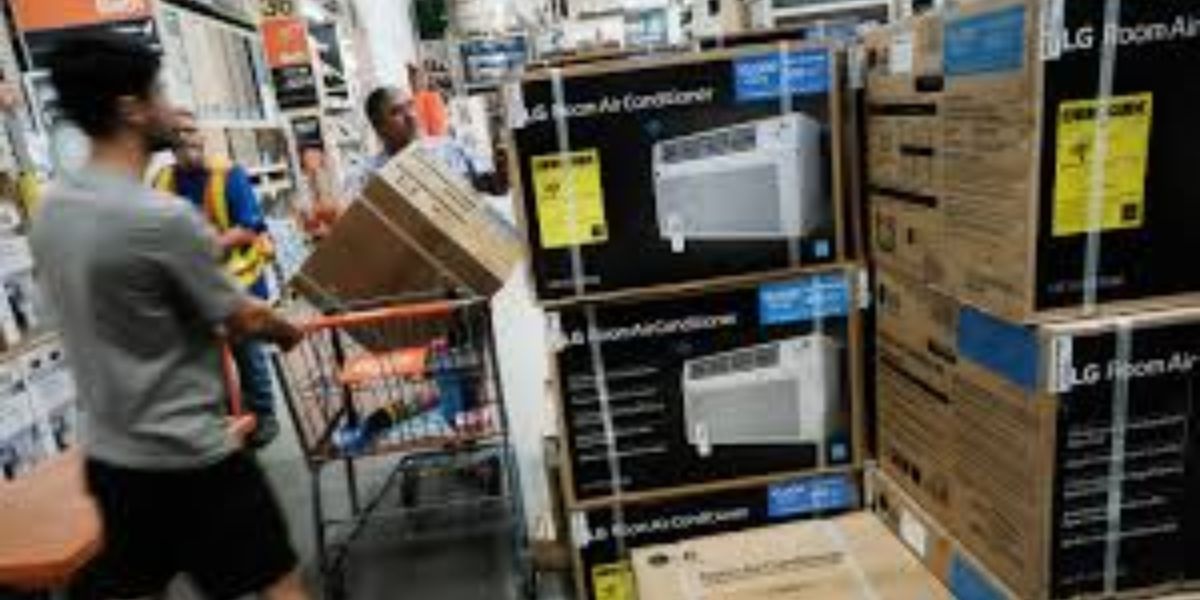Public Housing Residents Facing Higher Costs for Air Conditioning, Is It High To Pay?
DEBARYLIFE – Elected leaders in Miami-Dade County tried to make adjustments for future record-breaking high heat after the city of Miami endured its most scorching summer ever last year.
The county was on the verge of passing the nation’s strictest heat protection laws for outdoor workers when the measure failed last year due to strong lobbying from the construction and agriculture sectors.
Florida’s governor, Ron DeSantis, who denies climate change, then forbade local governments throughout the state from executing similar laws.
Uncontroversial as it was, a further attempt to keep South Floridians cool was made last year when Miami-Dade County installed air conditioning in almost 1,700 of its managed public housing units.
Residents are now benefiting from those new air conditioning systems, which helped them stay cool amid a record-breaking May heatwave that saw the heat index peak at 112 degrees, six degrees higher than the previous May high.
In a news conference held upon the announcement of the project last year, county administrator Morris Copeland—who oversees housing—stated that air conditioning “should be a right, not an amenity.”
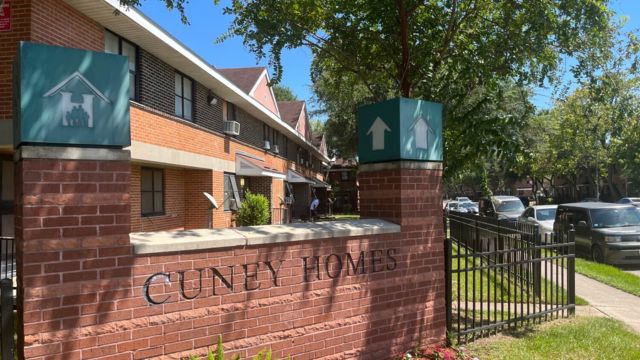
Although this is a widely held belief in the nation’s increasingly hot climate, attempts to cool public housing have not always proceeded as smoothly as Miami-Dade’s appears to have done. This is because residents of such developments, who are disproportionately poor and Black (48% of those living in public and subsidized housing are Black), are most at risk of heat-related illnesses and deaths.
Because there is no cooling requirement, even on extremely hot days, and tenants of public housing, who are not in a position to absorb additional costs, bear the responsibility of maintaining air conditioning, even on days when it is legally required to be heated to a certain degree during the winter.
There are more public housing units in New York City than any other place in the nation. The population of the New York City Housing Authority is more than twice as large as that of Miami combined, with over 500,000 residents.
The majority of tenants in NYCHA are low-income, with 44% being Latinx and 43% being Black. This means that many people find it unreasonable to pay the $8 monthly price for a window unit, on top of the cost of purchasing and having an air conditioner professionally installed (a requirement of NYCHA).
Because renters in public housing aren’t individually metered for their electricity use, but rather have their utility costs averaged and included in their rent payments, there is an additional cost. Tenant rent is increased by the monthly cost to offset the increased electricity demand caused by using the air conditioner.
Early in the COVID epidemic, then-Mayor Bill DeBlasio’s government launched a program that provided free air conditioning to low-income New Yorkers in an effort to make the isolation of the summer of 2020 more bearable. This initiative resulted in the highest rise in cooling for renters of NYCHA.
In addition to being free, about 16,000 window units with no monthly utility costs were also installed in NYCHA residences.
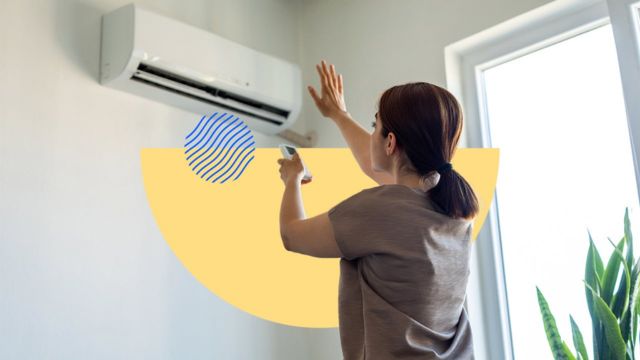
The free air conditioners were given away, but that came to a stop last year when a letter was delivered to the receivers threatening to “start possible termination of tenancy proceedings” if they refused to remove the units or start paying the charge. Send out in May, the letter set a deadline of July 1st, already the height of summer in climate-crisis-ridden New York, beyond which eviction proceedings could not begin.
SEE MORE – Cincinnati Police Request Public’s Help to Locate Stolen Puppy from Washington Park
In 2021, a similar program was implemented in Massachusetts with funding from a $800,000 charitable gift. It provided low-income households, including those living in public housing, with free air conditioners through a lottery system. A $300 check to help with utilities was sent with A/C units.
Even if an air conditioner is something you can use year-round, $300 won’t go very far toward paying for cooling-season electricity bills. Still, having some money set aside for electricity costs is preferable to having none at all. In Chelsea, Massachusetts, the lottery got nearly 700 applications for just 73 air conditioners, demonstrating how much higher demand there was than supply.
There are indications that the federal government may eventually accept, as it does for winter heating, the entitlement of public housing tenants to cooling. According to a statement the Department of Housing and Urban Development gave to NPR last year, it was “exploring options” for a cooling requirement.
Because window units, which are typically the only option for the older buildings in the system, are considering a temporary update that disqualifies them from HUD financing, HUD prohibits the use of federal funds for the purpose of providing air conditioning to public housing developments.
However, the government explained to NPR that it has informed local housing authorities that new, permanent facilities, such as cooling centers, can be developed in public housing using federal funds.
Since 2001, all newly constructed or renovated public housing in Miami-Dade has been required to have air conditioning. Nearly all of the city’s 8,000 public housing units now have air conditioning, after more than 20 years.
The 1,700 flats that remained without cooling systems were covered by the 1,700 units that were added last year. Miami-Dade County will have a fully air-conditioned public housing stock after the last 100 units that do not yet have air conditioning are renovated.

